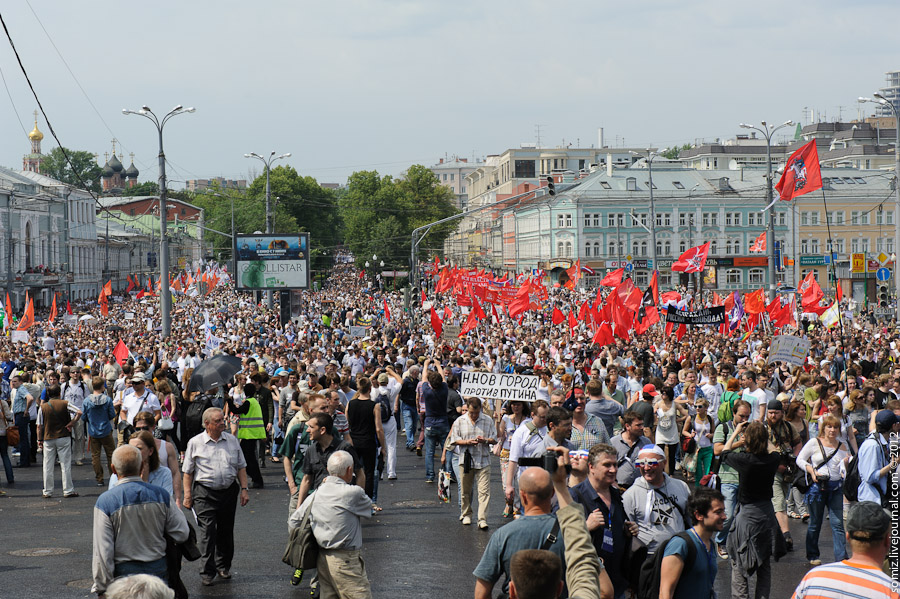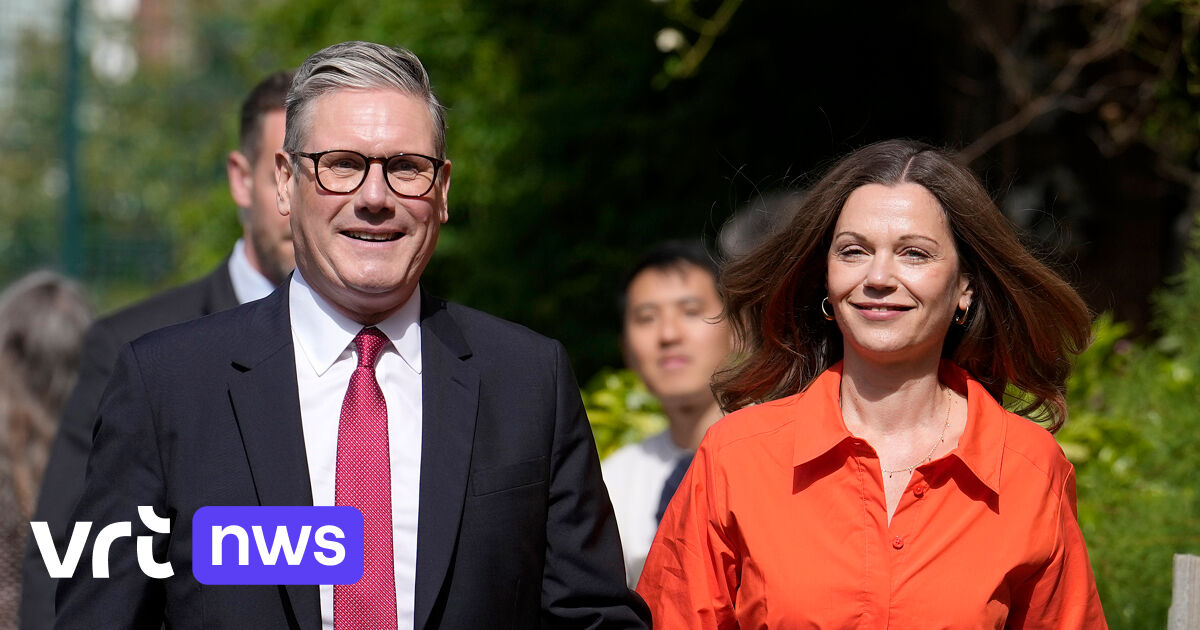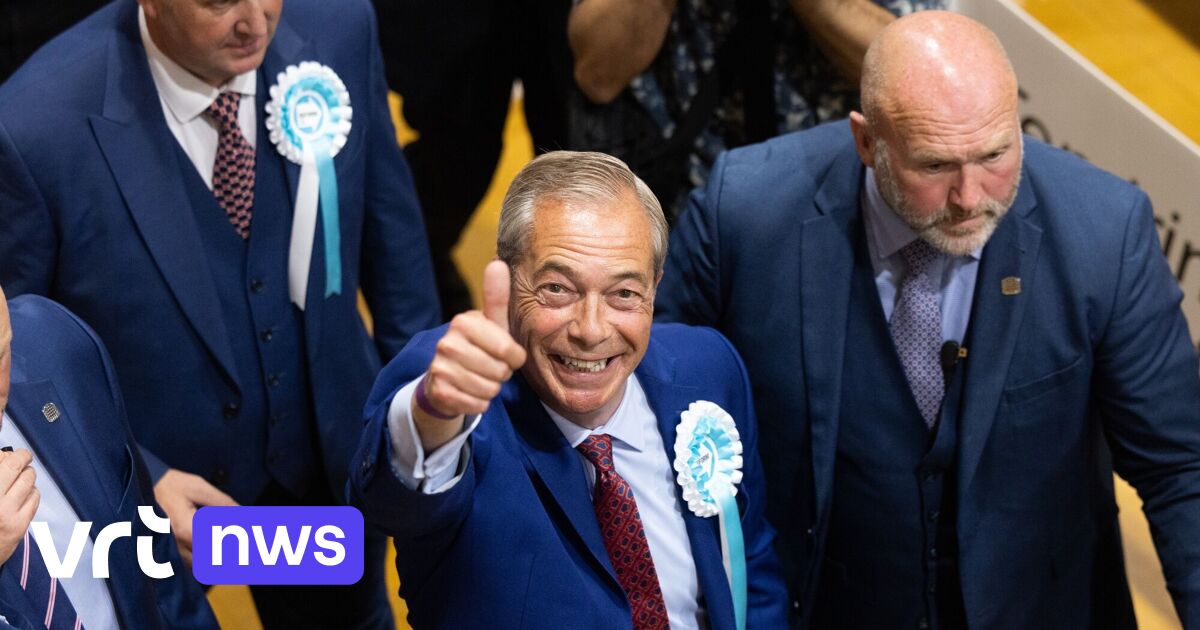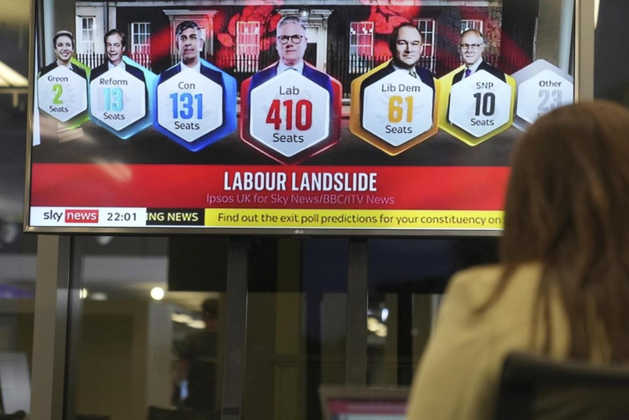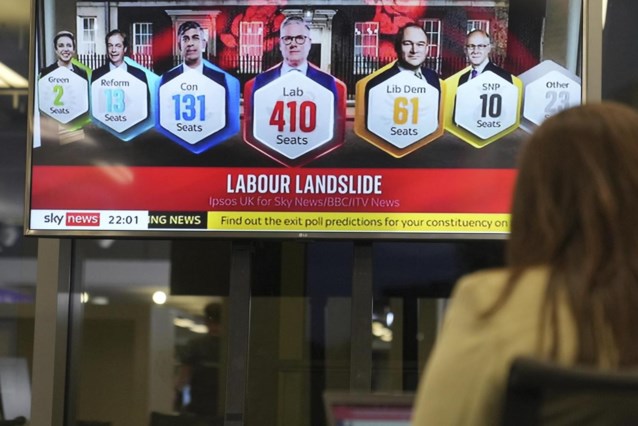OPINION – Shortly before the Russian attack on Ukraine, yesterday, CNN published the results from a poll among residents of Russia and Ukraine about the escalating conflict. At the beginning of this month, half of Russian respondents thought that their country could force Ukraine to leave NATO membership by military means. Half. That’s too much, of course, but will Putin be happy with it? I doubt that. His regime was the type that couldn’t accept different views. And certainly not half the population.
According to a CNN survey, a quarter of those surveyed were against military intervention, a quarter were unsure. Some of them will still be lured into government positions today by the media bombardment that is a regular part of any war. But how will the Russian population react to the body bags coming back from Ukraine soon? How strong will support for the Putin-led United Russia clique remain if Western sanctions prove to have a major impact on large sections of the population? Russia is no longer a normal country, said an ally of imprisoned opposition leader Navalny yesterday. Putin has gone mad, read NOS correspondent Iris de Graaf on one of his opponents’ YouTube channels which is not yet on the air. In more than 52 cities brave Russians took to the streets yesterdayHundreds of people have been arrested and face harsh sentences, authorities say.
Could Putin’s arrogance lead to his downfall?
Regime nature
Based on British political scientist Mary KandoYou don’t have to see that one person. He describes Putin’s behavior with the nature of the regime he leads:
In reality, Russia’s behavior has to do with the nature of the political and economic regime and Putin’s preoccupation with staying in power. The Russian regime is typical of a contemporary phenomenon that combines crony capitalism, authoritarianism, and ethnic nationalism.
Kaldor sees this mix in very different forms in Syria, India, Brazil, Hungary and Poland, but also early on in Trump’s Brexit journey in Britain and the United States as well.
A key concern of such regimes is that democracy abroad can serve as an example to emulate, while divisions, distractions, and polarization elsewhere help support legitimizing domestic narratives. In the case of Ukraine, where Russian oligarchs are closely linked to their Ukrainian counterparts, there is great fear about the transparency and anti-corruption measures that democratic reforms may require.
Undoubtedly, NATO’s decision to pledge membership to countries like Georgia and Ukraine was a miscalculation, Kaldor wrote. But, he said, leaving NATO membership open is just a pretext for Putin’s aggression. If it wasn’t for that, he would have found another reason. The fundamental problem is that after the Fall of the Wall, Russia has grown into a rampant form of capitalism that has turned into a ‘criminal, kleptocratic autocracy’. Western countries and multinational corporations are not entirely at fault in this, according to Kaldor, given that they have led the kleptocrats into the neoliberal policies that have dominated international politics and economics for the past few decades. Within the EU too, few stand in the way of enriching themselves through the financial institutions of Cyprus, Malta, London and the Dutch tax havens. This war is also about their power and money.
Penalty
This week there was a heated debate in the British House of Commons about sanctions against Russia. labor representative Criticism of Chris Bryant Prime Minister Boris Johnson’s approach. It wasn’t far enough for him. According to him, it was like hitting with a feather duster. Why did the Chelsea owner stand up? Abramovich not on the list, he asks? It was there, Johnson claims, but it turned out to be untrue. Johnson refuses to admit that he doesn’t even know his own actions well. The question is the extent to which UK financial interests have also been factored into these measures. In the reply to Bryant writes former BBC Moscow correspondent Angus Roxburgh on Security that you should not see oligarchs in sanctions. The political elite around the Kremlin, that must be dealt with, as they directly influence their bosses, Roxburgh believes.
Sanctions have been in place since the occupation of De Krim. Helen van der Linden who researched this doubt the effectiveness in FD (€): Russia is still in Crimea. Meanwhile, rich Russians have kept their money in the United Arab Emirates, not in the EU. And you might hope that oligarchs who know how to find their smart path to tax havens don’t have to worry too much about sanctions either. International law professor Cedric Ryngaert of the University of Utrecht also does not believe that Putin’s wealthy friends will suffer so much from the sanctions. He worries that the oligarchs could become richer thanks to sanctions policies. They felt an opportunity because imports of Western products stopped and jumped into the gap.
The West faces a difficult choice. Who will be most affected by the sanctions? Can you sanction without it? own business meet? Without affecting the Russian population? What is the most effective? What sanctions can really weaken a regime?
[de foto van Evgeny Isaev is uit 2012, CC]
“Hipster-friendly creator. Music guru. Proud student. Bacon buff. Avid web lover. Social media specialist. Gamer.”

